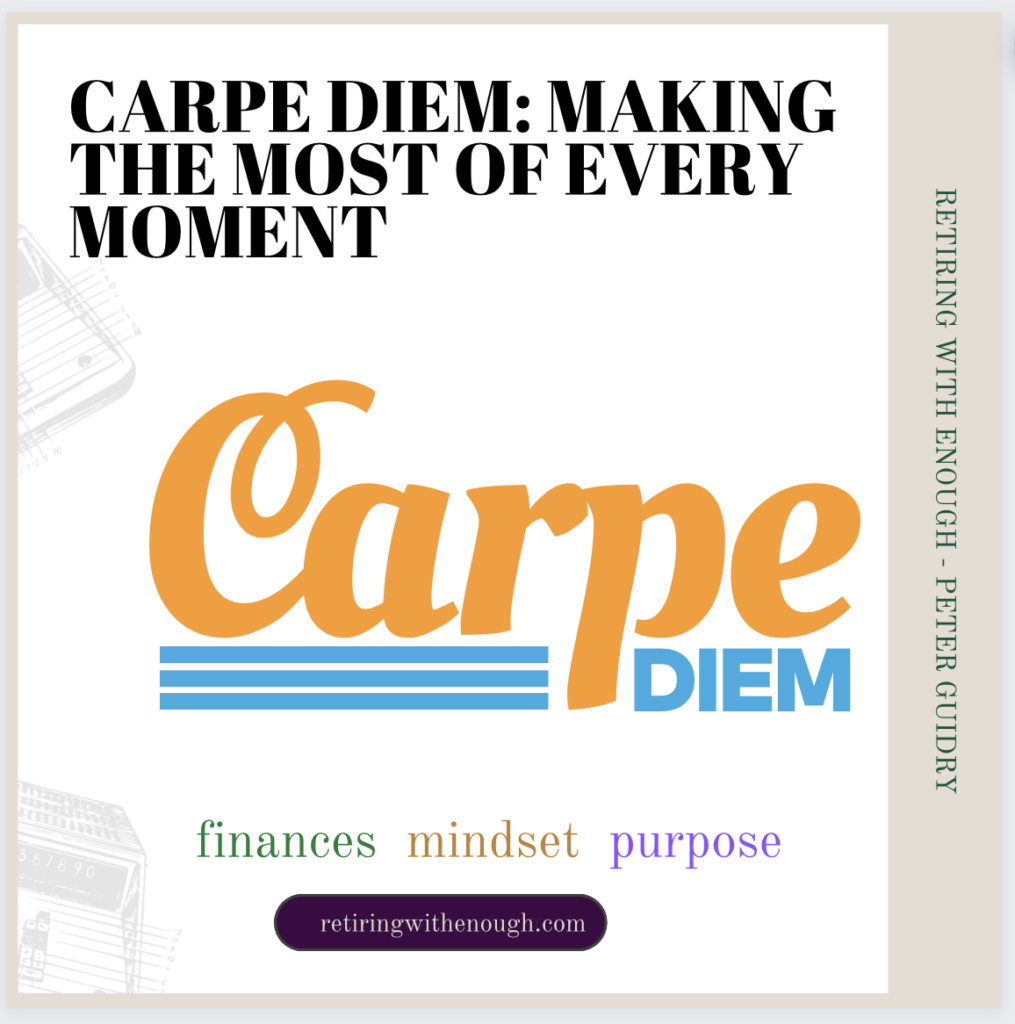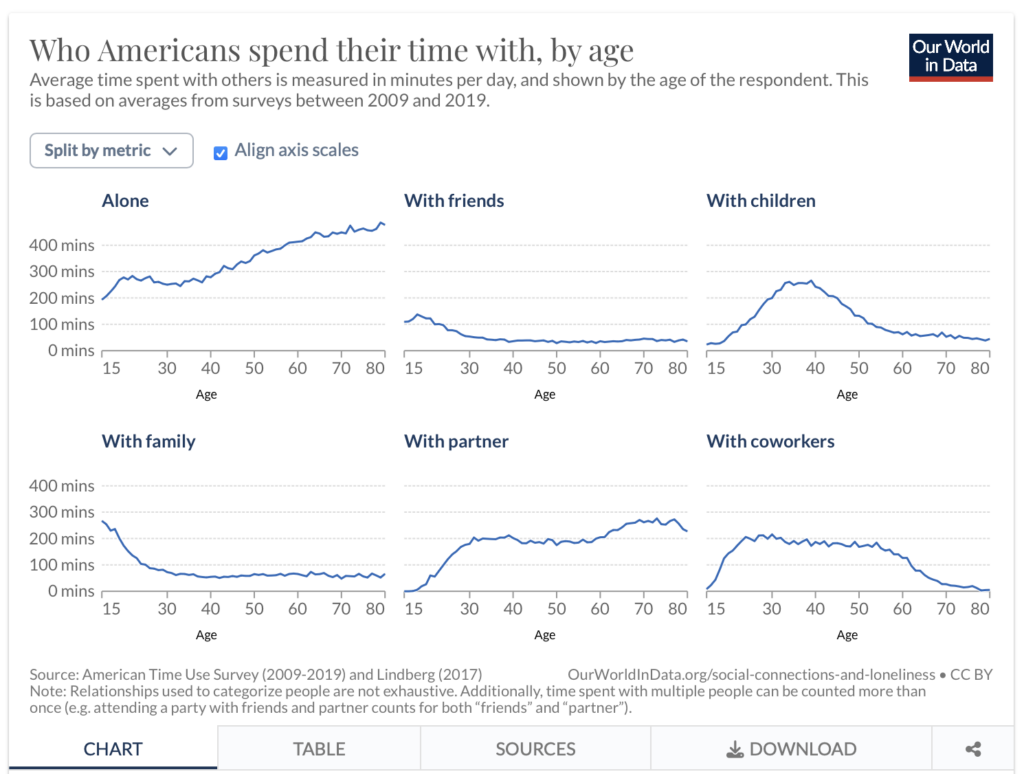
fhfhhfhfhhf
“The clock of life is wound but once, And no one has the power, To tell just where the hands will stop, At late or early hour.” -Robert H. Smith
hfhhfhgf
This is the first verse of a poem, written by Robert H Smith called “The Clock of Life.” I first read this poem many years ago and was touched by the wisdom of the author. Each person’s “Life Clock” is wound only once and no one knows exactly when that clock will wind down and stop.
hfhfhhfhfh
Time and Dental Practice
hjfhhfhhhf
One of the interesting things about having a dental practice is the ability to meet individuals and families and follow their progress through life. I had the honor of watching many families in my practice grow and mature through the years. Toward the end of my practice career I treated the children of the children I treated at the beginning of my practice career. Over the years most of my patients became friends.
I’ve had to grieve with individuals and family members over the loss of loved ones. Many of my elderly patients died of age-related illnesses. Some patients were lost to automobile accidents, medical conditions, and some to self-inflicted causes such as alcoholism and substance abuse.
But I can guarantee that none of them was ever able to tell me on which day they would die. For some, their clock wound down early, and for some their clock wound down late because no one ever knows if they will be blessed with a long life or a short life.
I’ve always tried to live my life using the principle of “Carpe Diem.”
The phrase “Carpe Diem,” is taken from Roman poet Horace’s Odes, which was written over 2,000 years ago, and is loosely translated to mean, “Seize the Day” or make the most of each day.
I only have one life to live, and each day that I spend is one day subtracted from my total allotment. I want to make the most of each day that I’m given. I stated in previous blogs that people can make more money, but no one can make more time. Our clock of life is wound, but once! No one gets a redo on the length of life!
hghghhg
Is There a Better Way to Live the One Life We Are Given?
hfhhhbf
My basic concept of life is that if you’re not growing, you’re dying!
Does that mean that every day of your life should be packed with activities and the search for the true meaning of life?
I can’t speak for everyone else, but for me, the answer would be no! I don’t feel that life is about filling every moment with meaningful activities. But I do feel that life is about being present in the moment, experiencing everything in your environment, and functioning at the highest level possible.
During my 45 years of dental practice, there have been days when I felt like I was operating at peak performance, and providing the highest quality dental care possible. But, the human condition also dictates that there were days when 100% performance was not possible. On those days it could have been related to my physical or emotional state, the physical or emotional condition of the patient, or some other unrelated reason.
Does that mean that on the days that I functioned at less than 100% that I was failing as a person or worse, not providing adequate treatment?
Wisdom starts with realizing that you have to accept what you are presented with each day. That meant that each day I tried to function at the highest level possible, wherever that level happened to be!
Wisdom dictates the treatment provided may not be your best, but it’s the best that’s possible on that particular day.
It’s not about rationalizing less-than-perfect treatment, it’s about coming to the realization that each day is different and that the treatment provided on that day was the best treatment possible.
jfhhfghhgf
Time and How It’s Spent
hjdhhgdghghghd
Let’s look at a chart by Our World in Data:

hdhhhdh
Even a quick glance at this chart will show that the majority of most Americans’ lives are spent working! The chart above shows a period starting at approximately age 15 and continuing into the 60s where it declines. This means that for approximately 45 years the majority of our time is spent with coworkers, or people we associate with on a daily basis in some work-related activity.
kdjhjdhhnd
Time and Work
jdjjhdhhhdh
The majority of people spend a great portion of their life spent working. This includes working at a job outside the home, working in the home as a housewife, remote work, or engaging in childcare. For this discussion, we’ll use the term work to describe any activity that a person is engaged in on a regular basis for certain periods each day.
How can we make the best use of time spent working (since it consumes a majority of our time between the ages of 15-65?)
Work environments can vary from narrowly structured to totally unstructured. But most workers operate within guidelines set by owners, managers, or even self-imposed. Work can be very delineated, or can be an unstructured opportunity to expand creativity and skills. Work creates opportunities to develop lifetime interpersonal relationships with coworkers. Instead of approaching work and the money it generates as the fuel for all of the other activities of life, work can be a source of joy and satisfaction when your best skills are applied each day.
hfhhgghfghf
Time and Children
hhdhghhgd
Time spent with children seems to occupy a relatively small segment of American’s lives with the time spent with children rising in the early 20s and falling sharply in the early 40s. This creates a window of approximately 20 years for you to impart all the knowledge you feel is important to your children. In reality, the time period is probably less than 20 years before outside forces overshadow your influence. It really is a short time to educate your children on everything you feel is important for their lives.
ndhbhdhhd
Time with Family and Friends
hfhhfghghf
The charts also show time spent with family and friends normally peaks at around age 15 and slowly declines throughout the rest of our life. It’s sad and also speaks to the loneliness and isolation that many people experience during their lifetime.
hfhhfghghf
Time Spent with Life Partners
jfhhfbbf
Other than time spent alone, we spend more time with our partners than with anyone else during our lifetime. Like time alone, time spent with a life partner increases over the course of our lives. According to the chart above, time spent with partners begins in the 20s and can continue past the 80s. This confirms the fact that partners should be chosen carefully and wisely.
hfhhgghghf
hfhhfgbbghf
Tips for Conserving Time
- Make good choices– Everyone has 24 hours each day, and everyone needs to make good choices and how those 24 hours or spent. In many cases, choosing one thing means having to forgo doing something else. In the Lord of the Rings by J.R.R. Tolkien, Gandalf is quoted as telling Frodo: “All we have to decide is what to do with the time that is given us.”
- Time and convenience– Some people are willing to pay a premium to save time. They feel their time is worth more than money. Delivery services and premium retail services charge higher prices for the convenience of their service.
- Time value– people with Less free time place a higher value on that time. People who have more free time available are unwilling to pay a premium to gain more free time.
- Buying time– many people are willing to spend money to purchase articles and services that save time. Paying for things, such as grass cutting, car washing, and laundry services all have a monetary cost, but a time-saving component.
- Time as a commodity– Time can be saved, but not stored. Time continues to move forward each and every minute of each and every day. This makes how we use our time much more important because whether we spend time poorly or wisely, once that time is spent, we don’t ever get it back.
- Geographic and cultural attitudes towards time– attitudes towards how time is spent can vary a great deal by country and locality. People in some countries, move at a slower pace and spend more time eating and socializing. People who live in larger metropolitan areas tend to move more quickly and spend less time on social interactions than their counterparts who live in smaller communities.
- Time value and the economy– I always found that during slower economic periods people tended to spend more time on dental care. It sounds counterintuitive, but people were willing to spend more time and money on their dental health when economic times were bad and they had more free time to spend on health.
fdhhfghghf
Final Thoughts
fgfggfgghf
- Each person’s “life clock” is wound only once and no one knows exactly when that clock will wind down and stop.
- No one ever knows if they will be blessed with a long life or a short life.
- Each day is different, and we need to strive to do the best that is possible on that given day.
- Like time alone, time spent with a life partner increases over the course of our lives. Time spent with partners begins in the 20s and can continue past the 80s.
- Different people in different cultures and different localities place different values on time. But in its final essence, we are all given the same amount of time each day, and each person has a choice in how they will spend the time given them.
hfhghghf
jfjhhhf
If you’d like to be a part of a free online retirement community, join us on Facebook:
COMMENTS